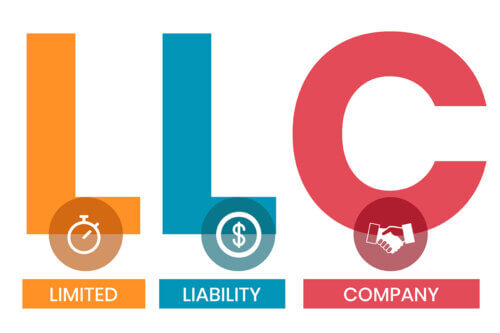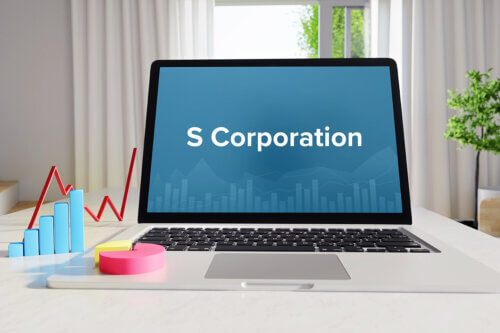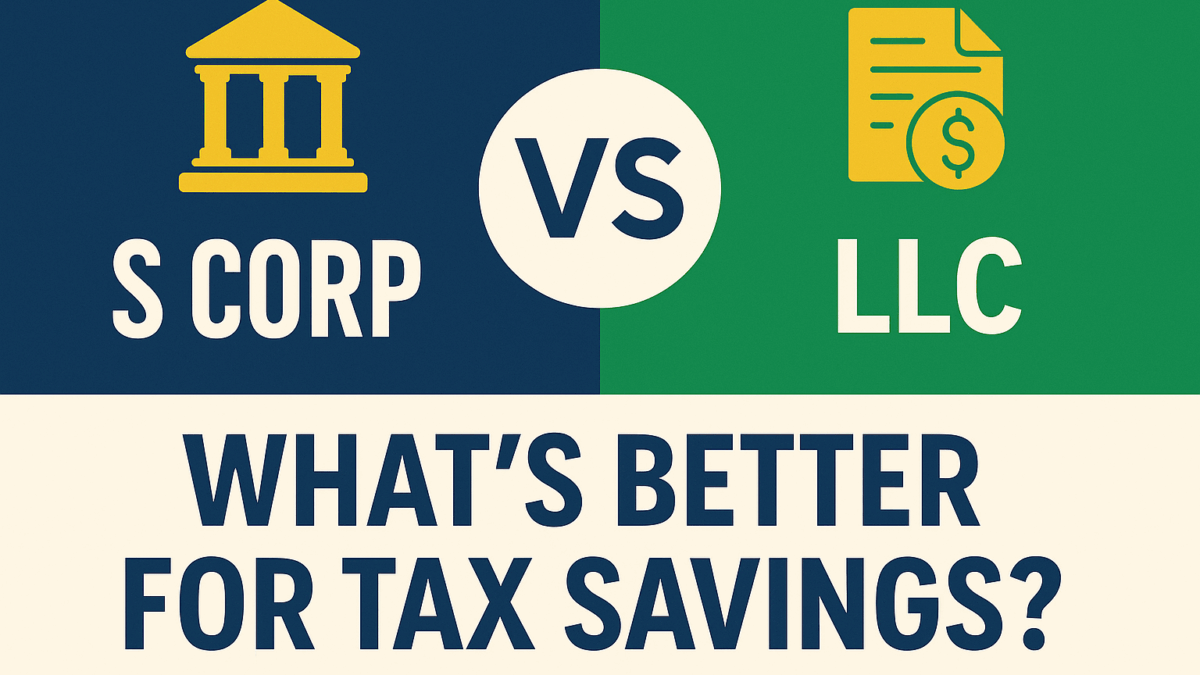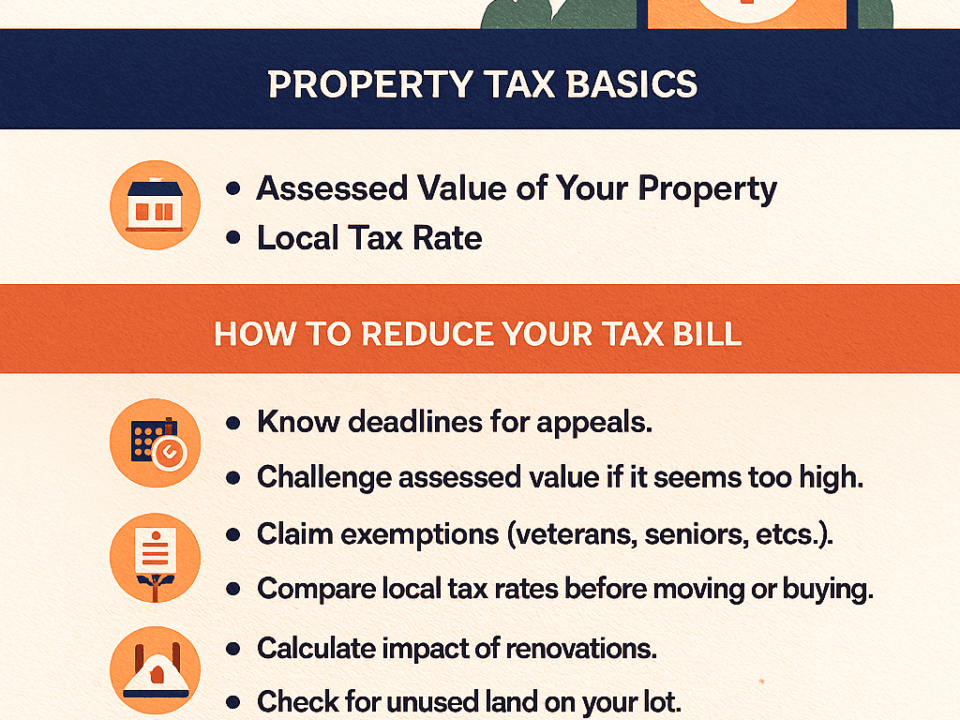
What to Do If You Receive a Notice from the IRS
August 6, 2025
Professional Bookkeeping & Accounting for Small Businesses
September 3, 2025
S Corp vs. LLC: What’s Better for Tax Savings?
Compliments of FSMC Bookkeeping Services – Serving the USA and Mexico
When it comes to structuring your business for maximum tax savings, two of the most common options are the Limited Liability Company (LLC) and the S Corporation (S Corp). While both offer liability protection and pass-through taxation, there are key differences that could significantly impact your tax obligations. In this blog, we’ll explore the pros and cons of each structure to help you make the right decision for your business.
Understanding the Basics

LLC (Limited Liability Company):
An LLC is a flexible business structure that provides liability protection for its owners (called members) and is relatively easy to set up. It’s often the go-to choice for new small businesses because of its simplicity.

S Corporation (S Corp):
An S Corp is not a business entity type like an LLC or corporation — it’s a tax election made with the IRS. Eligible LLCs or corporations can elect S Corp status to benefit from pass-through taxation while avoiding double taxation typical of C Corporations.
Taxation: LLC vs. S Corp
How an LLC Is Taxed
By default, an LLC is treated as a pass-through entity. This means business income is passed through to the members’ personal tax returns. The profits are subject to self-employment taxes, which currently stand at 15.3% (covering Social Security and Medicare).
While this structure is simple, self-employment tax can be a significant burden once your income grows.
How an S Corp Is Taxed
S Corps also benefit from pass-through taxation, but there’s a key difference: owners who actively work in the business must be paid a “reasonable salary.” This salary is subject to payroll taxes, but profits remaining after the salary can be distributed as dividends — and those distributions are not subject to self-employment tax.
This distinction is where most of the tax savings come into play.
Real-Life Example of Tax Savings
Let’s say your business earns $100,000 in profit.
- As an LLC, all $100,000 is subject to self-employment tax (15.3%), costing you $15,300 in taxes.
- As an S Corp, you pay yourself a reasonable salary of $60,000 (taxed as regular income), and distribute the remaining $40,000 as dividends — which are not subject to self-employment tax. In this case, you could save $6,120 (15.3% of $40,000) in taxes.
Pros and Cons of an LLC
Pros:
- Simple setup and management
- Fewer compliance requirements
- Pass-through taxation
- Flexible ownership
Cons:
- All profits are subject to self-employment tax
- No opportunity for payroll/distribution split
Pros and Cons of an S Corp
Pros:
- Potential savings on self-employment taxes
- Pass-through taxation (avoids double taxation)
- Business credibility with formal structure
Cons:
- Must pay yourself a “reasonable salary”
- Requires running payroll and filing quarterly payroll taxes
- More complex reporting and IRS scrutiny
- Shareholder restrictions (e.g., no foreign owners)
Which Is Better for Tax Savings?
If you’re a solo entrepreneur or just getting started, an LLC is typically the better option due to its ease of setup and lower administrative burden. But as your income grows — usually around $40,000–$60,000 in net profit or more — switching to an S Corp can unlock significant tax savings.
When to Elect S Corp Status
You can elect S Corp status by filing IRS Form 2553. It’s best to do this at the beginning of the year, although you may still file late and have it retroactively applied.
Before making this move, consult with a QuickBooks Pro Advisor or tax professional, like the team at FSMC Bookkeeping Services, to analyze whether the savings outweigh the added complexity.
Bookkeeping and Compliance Considerations
S Corps require:
- Proper payroll systems
- Filing of Form 1120-S
- Issuing of W-2s to employees
- Keeping accurate records of salaries and distributions
FSMC Bookkeeping Services can help you manage this seamlessly with expert guidance and full compliance support.
Serving the USA and Mexico
Whether you’re operating in the U.S. or expanding into Mexico, FSMC Bookkeeping Services provides customized solutions for entity formation, bookkeeping, payroll, tax planning, and more. Our team of CPAs, tax attorneys, and QuickBooks Pro Advisors is here to ensure your business structure supports your financial goals.
Final Thoughts
Choosing between an LLC and S Corp isn’t just a matter of paperwork — it’s a strategic tax decision. An LLC offers simplicity, but an S Corp can deliver serious tax savings for growing businesses.
Not sure which structure is right for you? We’re here to help!
📞 Contact FSMC Bookkeeping Services for a free consultation today.
🌐 https://fsmcquickbooks.com/
📍Serving businesses across the USA and Mexico.




